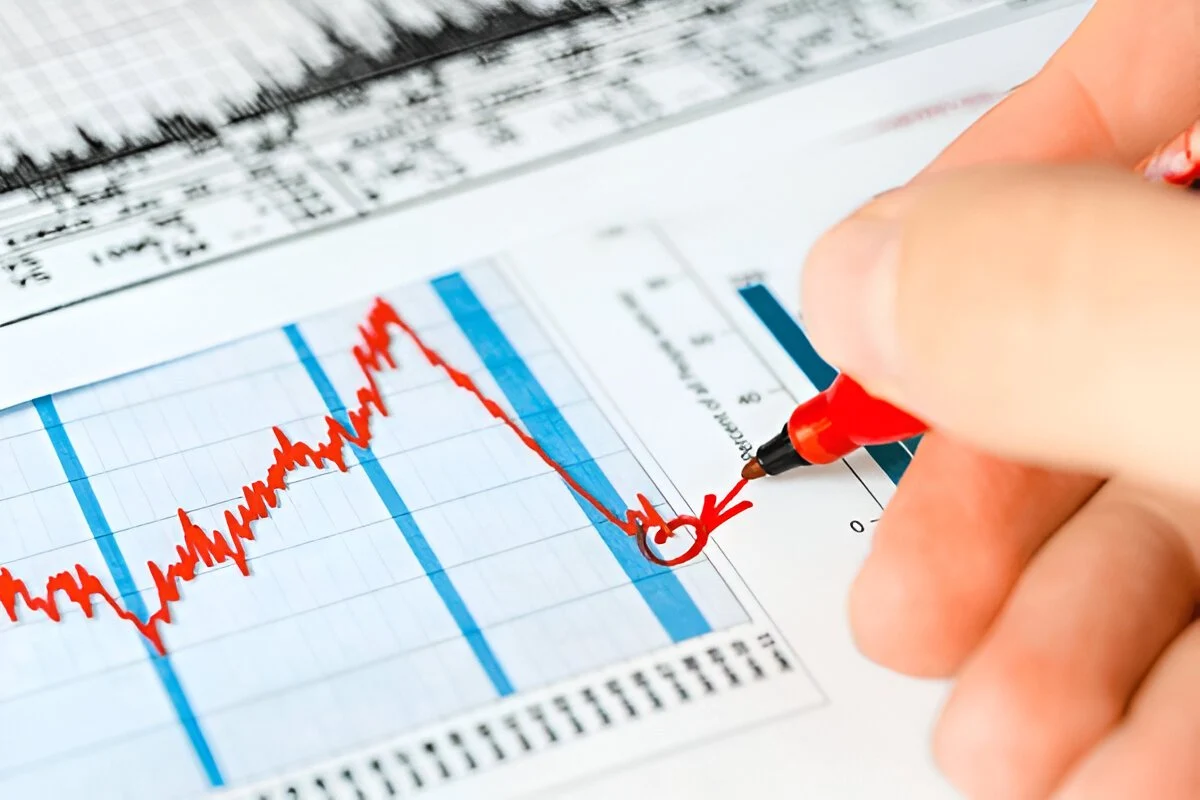2025: A Manufactured Crisis or Genuine Market Meltdown? Insights from Startup Founders on the Global Sell-Off
Global financial markets are experiencing heightened volatility in recent weeks as investors and policy makers are becoming increasingly worried. In the eye of this storm, Akshat Shrivastava, who is the founder of educational platform Wisdom, has described this fiscal slowdown as a “manufactured crisis” and unlike the real economic shocks of 2008 and 2020.
Differentiate the 2025 Downturn from Past Crises.
The housing market collapse and the failure of major financial institutions precipitated the 2008 financial crisis, which resulted in a global recession. Also, the 2020 recession was caused by the COVID-19 pandemic which caused widespread lockdowns and a sharp fall in economic activity. Shrivastava, however, states that the market instability today is mainly due to political tensions and policy decisions such as former U.S. President Donald Trump’s introduction of hefty tariffs.
The Role of Tariffs in the Current Market Volatility
On April 2, 2025, President Trump announced sweeping tariffs on all imports (with a baseline 10% tariff, higher rates apply for some countries such as 54% for China, 20% for European Union, and 49% for Cambodia and many more), excluding food and medical supplies. In framing these moves, they were said to be related to efforts to balance trade and to protect domestic industry from foreigners. While they have sparked reprisals from nations whose interests are affected, they have inflamed global trade tensions and undermined market stability.
Market Reactions and Economic Indicators
Major stock indices all declined immediately after the tariff announcements. Within 48 hours, the Dow Jones Industrial Average plunged more than 4,000 points, one of the largest drops since the pandemic induced drop of 2020. The S&P 500 was down similarly, and the Nasdaq entered bear market land.
The oil prices have also been hurt where West Texas Intermediate (WTI) crude has dropped below $60 per barrel reflecting worries over weaker global demand as trade tensions mount.
Analyst Perspectives and Investor Sentiment
However, the current market volatility may turn out to be worse in terms of a financial crisis, said financial analysts. Drawing a comparison to the 2008 crisis, Larry McDonald of The Bear Traps Report highlighted the problem of underestimating the market reaction to policy decisions.
Shrivastava argues contrarily, that the current situation is fundamentally different from other crises that have occurred in the past, because this time, the situation is a product of strategic negotiations and policy manoeuvring, rather than the weakness of the underlying economy. Yet, he alleges, the structural integrity of the global economy remains unaffected because the same volatility is evident in the market prices.
Implications for Startups and Entrepreneurs
The current economic muddle is not time well spent lying awake at night wondering if the world is ending – been there done that – but it provides both an opportunity and a challenge to startups and entrepreneurs. Tightened funding environments post market volatility, as investors have become more risk averse. On the other hand, it stimulates innovation and adaptability as companies try to adapt to and benefit from the shifting environment.
Startups that are doing international trade will need to think about whether their supply chains need reevaluating and maybe new markets need to be explored if tariffs are brought in. Moreover, technology sector individuals may discover job openings involving the development of solutions to meet new needs created by changed economic policies.
The Looking Ahead: Strategies for Navigating the Manufactured Crisis
Although ‘manufactured crisis’ implies that the present downturn is a question of deliberate policy choice rather than of inherent economic flaws, the effects are nonetheless clear in the market and on businesses. Thus, the following distribution strategies should be practiced by startups during this phase:
- Reduce Reliance on a Single Market or Supplier: Maintaining high reliance on a single country or supplier makes companies vulnerable to the effects of tariffs and trade restrictions.
- The second piece of practice is to monitor policy developments, such as geopolitical events and any changes in policies.
- Keep Cash Flow Healthy: In uncertain times, keeping positive cash flow and controlling costs on close rein serves as a cushion in a market’s highs and lows.
- If you are facing a tricky investment environment, Consider Alternative Funding Sources: Use venture debt, Partner with strategic organizations, etc. to overcome this challenge.
Consequently, with respect to contemporary economic conditions, although certainly not an easy situation, considering it as a ‘manufactured crisis‘ gives a different angle to the discussion; with an exceptional market downturn, considering the policies that have been made and also negotiations. This highlights the significance of agility, intelligent decision making, and strategic planning for startups and entrepreneurs in dealing with the challenges of global economic landscape.



